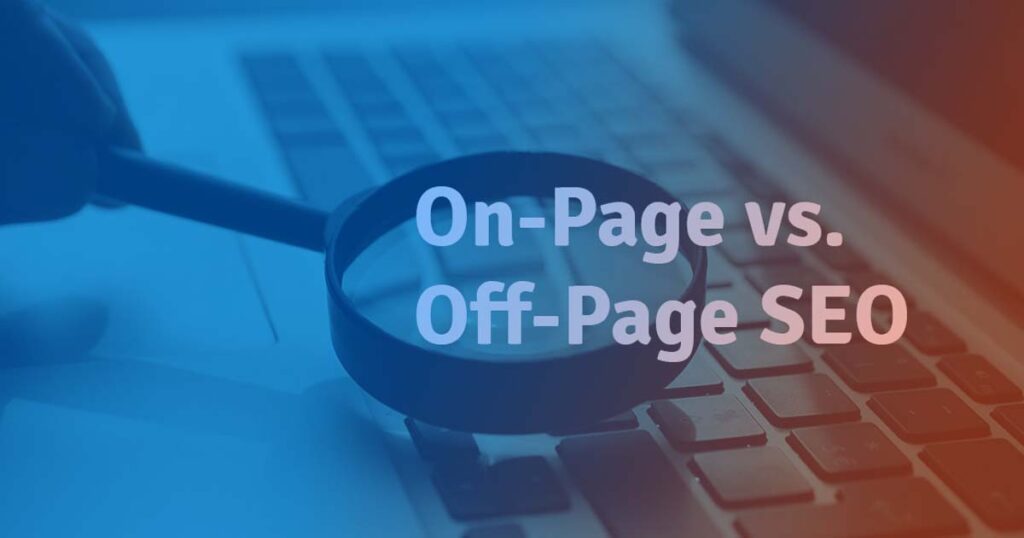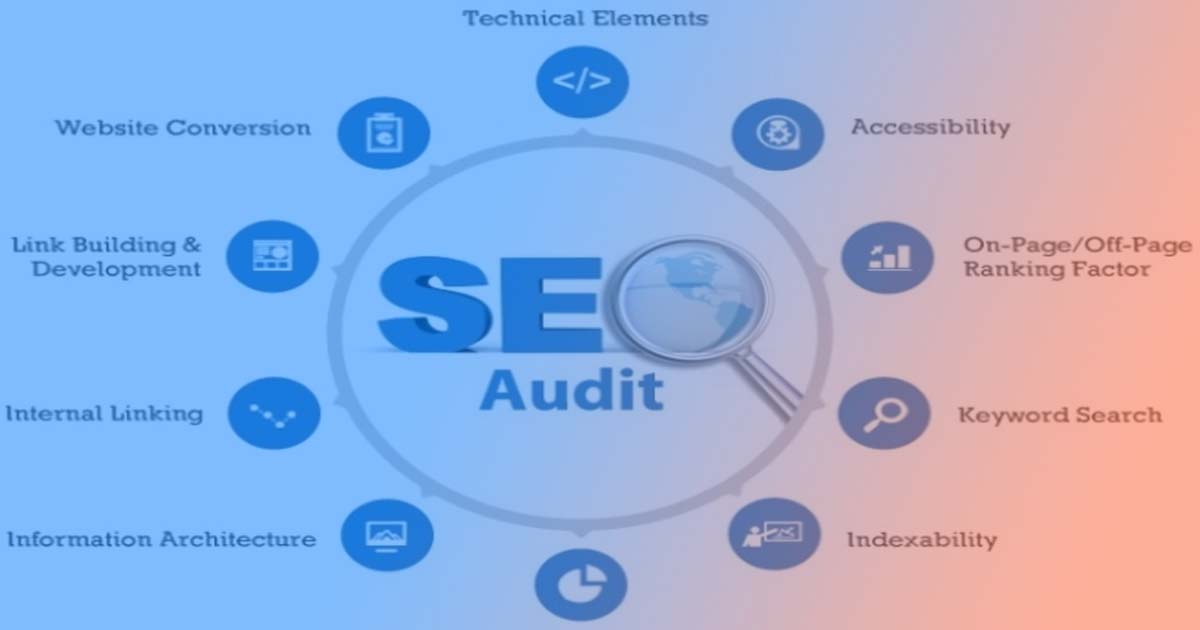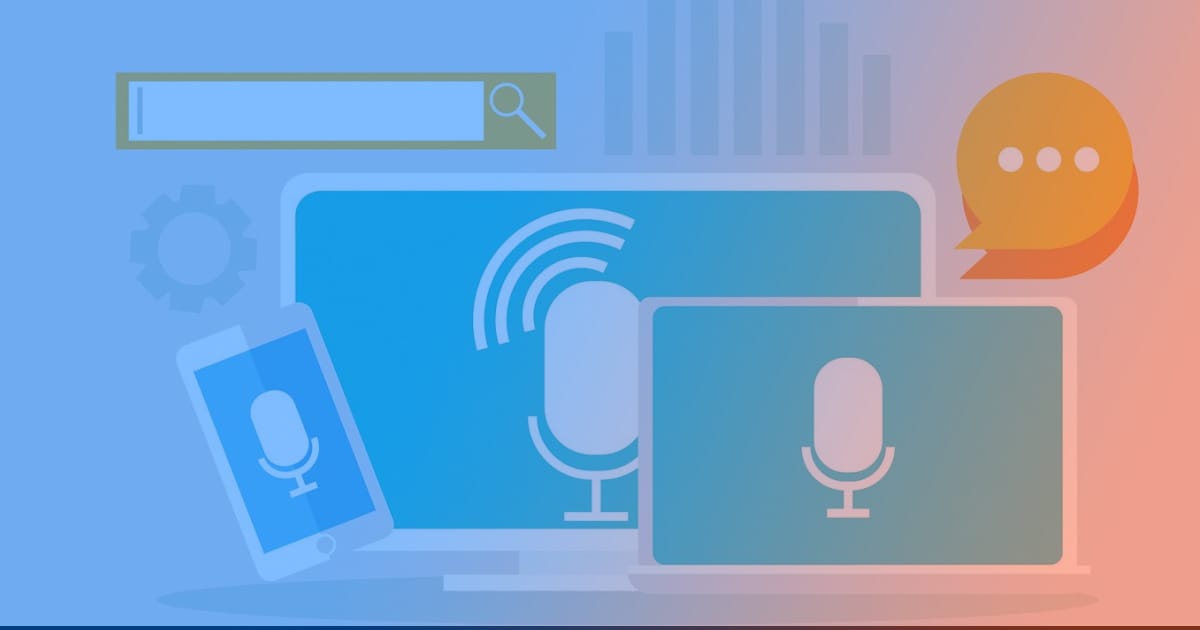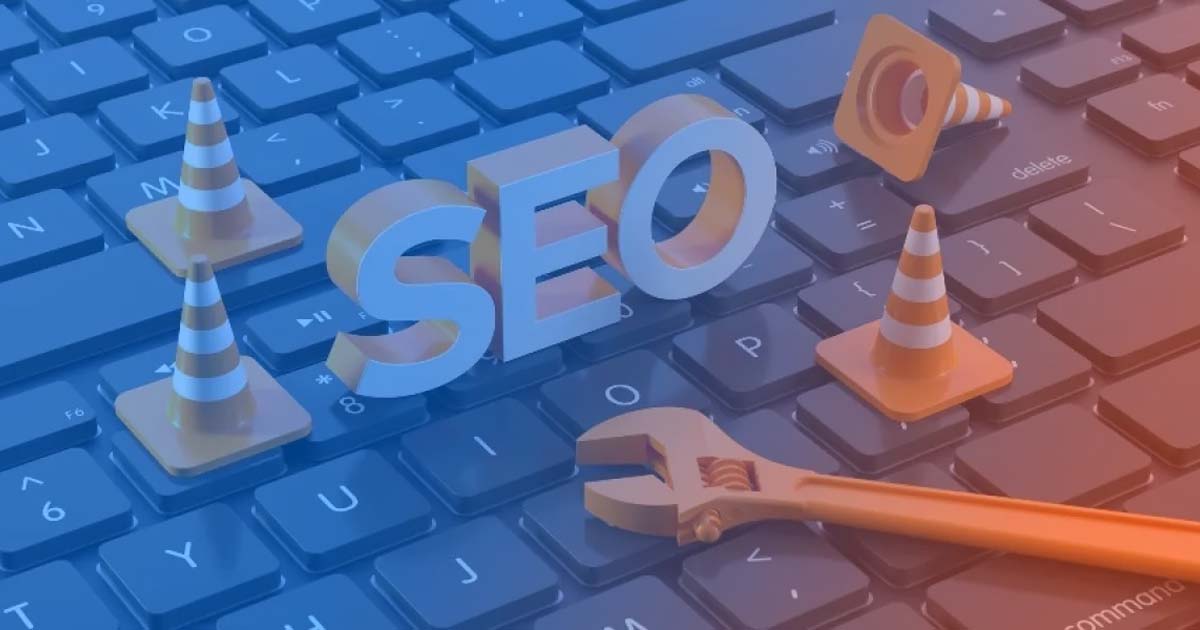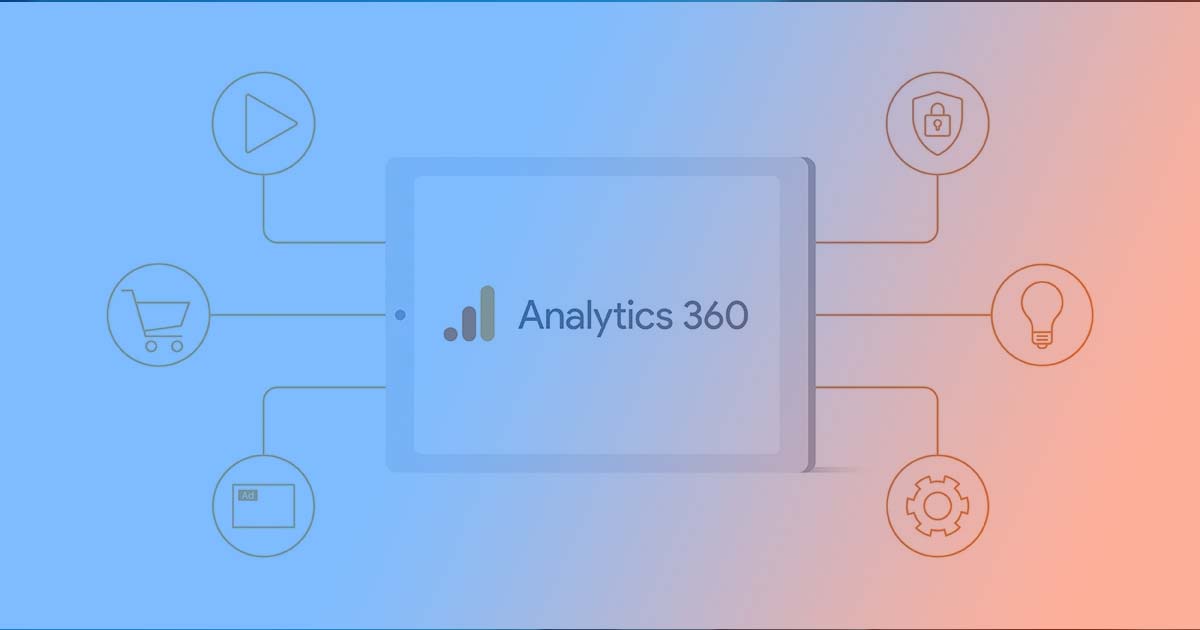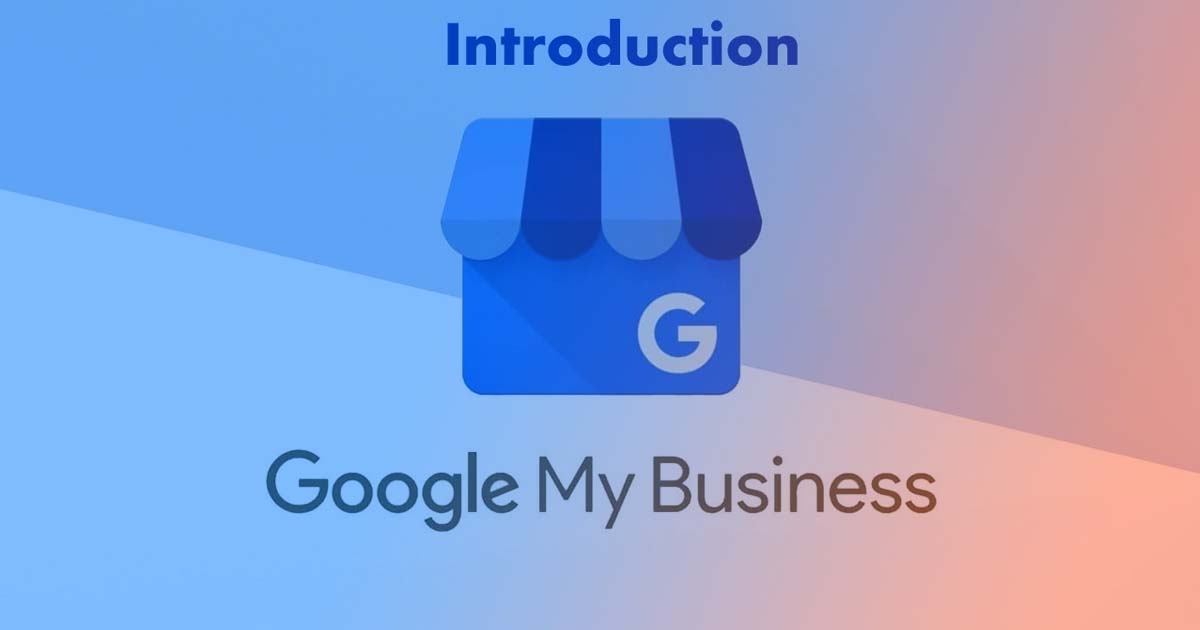In today’s competitive digital landscape, mastering Search Engine Optimization (SEO) is crucial for businesses looking to grow their online presence. Two essential components of SEO are On-Page SEO and Off-Page SEO. While both aim to improve your search engine rankings, they do so in very different ways. Let’s explore what separates them and how to leverage both for success.
What Is On-Page SEO?
On-page SEO refers to all the optimizations you make directly on your website to improve its visibility in search engines. It focuses on the elements you control completely, ensuring your site is user-friendly and meets search engine guidelines.
Key Elements of On-Page SEO
- Content Optimization: High-quality, relevant content is the backbone of On-Page SEO. Ensure your content answers user queries and provides value.
- Keyword Usage: Research and place keywords naturally within your content, headers, and image alt texts.
- Title Tags and Meta Descriptions: Craft compelling, keyword-optimized titles and meta descriptions to improve click-through rates.
What Is Off-Page SEO?
Off-page SEO refers to activities performed outside your website to improve its authority and credibility. These efforts help search engines see your site as a trustworthy resource, leading to higher rankings.
Key Elements of Off-Page SEO
- Backlink Building: Acquiring links from reputable websites signals authority to search engines.
- Social Media Signals: Engagement on social platforms indirectly boosts your SEO efforts by driving traffic.
- Brand Mentions: Being mentioned on other websites or forums helps establish credibility.
Key Differences Between On-Page and Off-Page SEO
| Feature | On-Page SEO | Off-Page SEO |
|---|---|---|
| Control | Full control over changes | Limited control, external factors |
| Focus | Content, structure, and code | Links, reputation, and authority |
| Timeframe | Immediate impact | Long-term results |
The Role of Content in On-Page SEO
Content is king in On-Page SEO. High-quality, relevant content attracts visitors and keeps them engaged. Use keywords naturally, structure your articles with headings and subheadings, and include internal links to enhance user experience.
The Power of Backlinks in Off-Page SEO
Backlinks act as votes of confidence for your site. The more quality backlinks you have, the more search engines trust your website. However, focus on acquiring links from reputable sites rather than opting for quantity.
Tools for On-Page SEO
Leverage tools like:
- Google Search Console for performance monitoring.
- Yoast SEO to optimize content and meta tags.
- Screaming Frog for identifying technical issues.
Tools for Off-Page SEO
Tools such as Ahrefs, SEMrush, and Majestic help you analyze backlinks, track your off-page efforts, and identify opportunities for improvement.
How On-Page and Off-Page SEO Work Together
Think of SEO as a puzzle. On-Page SEO forms the foundation, while Off-Page SEO builds the walls that make your site stand out. Combining both ensures a holistic approach to ranking higher and attracting more visitors.
Conclusion
On-Page and Off-Page SEO are essential to achieving and maintaining top search engine rankings. While On-Page SEO focuses on your website’s internal elements, Off-Page SEO strengthens its authority and reputation. By using both effectively, you can dominate search results and drive meaningful traffic to your site.
FAQs
1. Can I succeed with just On-Page SEO?
- While On-Page SEO is essential, Off-Page SEO is equally important for building authority and credibility.
2. How many backlinks do I need for effective Off-Page SEO?
- Quality matters more than quantity. Focus on acquiring links from reputable, relevant sites.
3. Are social media activities part of Off-Page SEO?
- Social media engagement indirectly supports Off-Page SEO by driving traffic and increasing visibility.
4. What is the best tool for tracking SEO performance?
- Tools like Google Analytics and Ahrefs are excellent for monitoring On-Page and Off-Page SEO efforts.
5. How long does it take to see results from On-Page and Off-Page SEO?
- On-page SEO can start producing results within weeks, while Off-Page SEO may take months to show significant progress.

